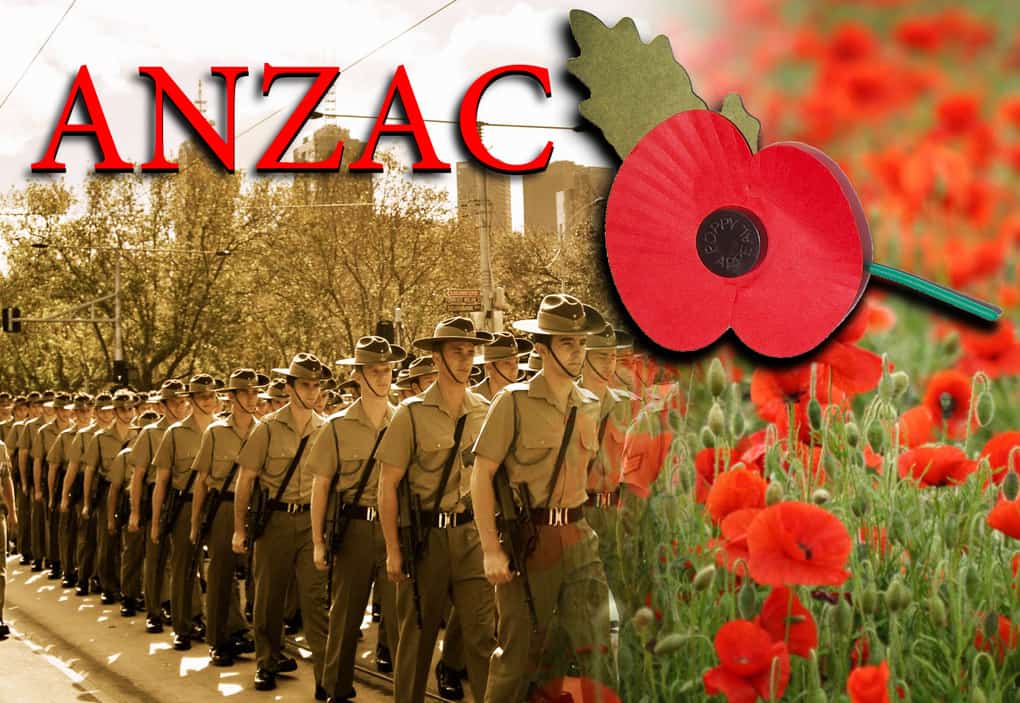A Beginner’s Guide for Parents: Understanding the Essence of Anzac Day
Hey there, amazing parents! If you’ve ever wondered about the significance behind Anzac Day and how to approach this subject with your little ones, you’re in the right place. Anzac Day isn’t just a public holiday; it’s a day rich with history, emotion, and reverence that is vital to the Australian and New Zealand cultures. So grab a comfy seat, and let’s dive into the meaningful world of Anzac Day together!
What is Anzac Day?
First things first—Anzac stands for the Australian and New Zealand Army Corps. Anzac Day, observed on April 25th each year, is one of the most important national occasions for both Aussies and Kiwis. It marks the anniversary of the first major military action fought by Australian and New Zealand forces during the First World War at Gallipoli, Turkey, in 1915.
The bravery, sacrifice, and camaraderie displayed by the troops in the face of extreme hardship have shaped national identity in a way that resonates even a century later. It’s a day of remembrance for all those who served and died in all wars, conflicts, and peacekeeping operations.
The Dawn Service: An Emblem of Respect
The Dawn Service is a poignant part of Anzac Day activities. The tradition started during the early 1920s and was inspired by the military routine known as the ‘stand-to’, wherein soldiers would ready themselves for combat at dawn. This silent, reflective gathering expresses respect for the fallen and those who have served. It embodies the essence of Anzac spirit: endurance, courage, ingenuity, good humor, and mateship.
Why Anzac Day Matters to Families
To convey the essence of Anzac Day to children, it’s important to understand its relevance in modern Australia and New Zealand. It’s a day that transcends time, connecting past generations’ valor with today’s values of freedom and democracy. By discussing Anzac Day, you’re not only teaching history but also instilling respect for those who have paved the way for the life we enjoy now.
Moreover, Anzac Day is an opportunity to foster national pride and educate our younger generation on the importance of remembrance. It’s a day to celebrate the Anzac spirit, an ideal that can inspire us all to face challenges with courage and camaraderie.
Sharing Anzac Day with Your Children
One of the best aspects of Anzac Day is how it can be shared across all ages. Whether considering attending a service, making Anzac biscuits together, or simply having a talk about the courage of these soldiers, there are numerous ways to incorporate this meaningful day into your family life.
Understanding Anzac Day is a journey—a compelling narrative of grit, bravery, and the unbreakable human spirit. It’s a tale that deserves to be heard, honored, and passed on to the blossoming minds of our future leaders. In the next sections, we’ll explore more about the history of Anzac Day, share engaging activities for the whole family, and offer age-appropriate ways to delve into the heart of what this day truly represents.
Together, let’s keep the Anzac legacy alive, fostering a sense of unity and respect that will undoubtedly strengthen the fabric of our community. Stay tuned as we continue our exploration of Anzac Day, ensuring that the spirit of the Anzacs remains an enduring influence in our lives and in the lives of our children.

Five Essential Things Parents Should Know About Anzac Day
1. The Historical Context of Anzac Day
Understanding the historical significance of Anzac Day is pivotal to passing on its importance to the next generation. On April 25th, 1915, Australian and New Zealand forces landed at Gallipoli, which became a defining moment for both nations. Despite the eventual evacuation and heavy losses, the Anzac spirit became a symbol of resilience and brotherhood. Parents can start by explaining the simple facts of the Gallipoli campaign, tailored to their child’s level of understanding.
2. Symbols and Traditions of Anzac Day
The symbols and traditions that revolve around Anzac Day give it the ceremonial reverence it deserves. The red poppy, for instance, is a well-recognized emblem of remembrance. Wearing a poppy or participating in a local Anzac Day service can help children visually connect with the day’s significance. Furthermore, the Anzac biscuit, a treat originating from the wartime recipes sent to soldiers abroad, can be a fun (and delicious!) way to introduce young ones to the day’s relevance.
3. Memorial Services and Parades
Attending Anzac Day services or parades can be a profound experience for both adults and children. The Dawn Service, in particular, is a solemn occasion for reflection. Explain to your children why people gather so early in the morning and the significance of the moments of silence. If attending a parade, talk about the various military decorations and what they represent, as this can be an excellent history lesson.
4. The Anzac Spirit and Its Values
The Anzac spirit encompasses attributes such as courage, sacrifice, and mateship. Involve your children in conversations about what these values mean and how they apply not only to the soldiers who served but also in their own lives. Share stories of bravery and solidarity from Anzac history to encourage these qualities from an early age.
5. How We Can Honor Anzac Day Today
Discuss with your children how we can honor the sacrifices made by the Anzacs through acts of remembrance and community service. Encouraging children to be part of commemorative projects at school or in your community can leave a lasting impression about the ongoing significance of the day. Participate in laying wreaths or writing letters to veterans to personally connect with Anzac Day.
Conclusion
Anzac Day is more than a historical date; it’s a living legacy that carries profound meaning. As parents, you have the special task of introducing this part of your nation’s heritage to your children in a way that honors the past while teaching timeless values. Through storytelling, participation in traditions, and fostering an environment of respect, the spirit of Anzac Day can be meaningfully passed down to the younger generations, ensuring that the bravery and sacrifices of the Anzacs are remembered and celebrated for many years to come.
Incorporate these key elements into your family’s Anzac Day commemoration and watch as the day takes on new depth and significance for both you and your children. By keeping the stories and spirit of Anzac alive, you contribute to a legacy of remembrance that helps shape the future in the light of our shared past.
See more great Things to Do with Kids in New Zealand here. For more information see here
Disclaimer
The articles available via our website provide general information only and we strongly urge readers to exercise caution and conduct their own thorough research and fact-checking. The information presented should not be taken as absolute truth, and, to the maximum extent permitted by law, we will not be held liable for any inaccuracies or errors in the content. It is essential for individuals to independently verify and validate the information before making any decisions or taking any actions based on the articles.




